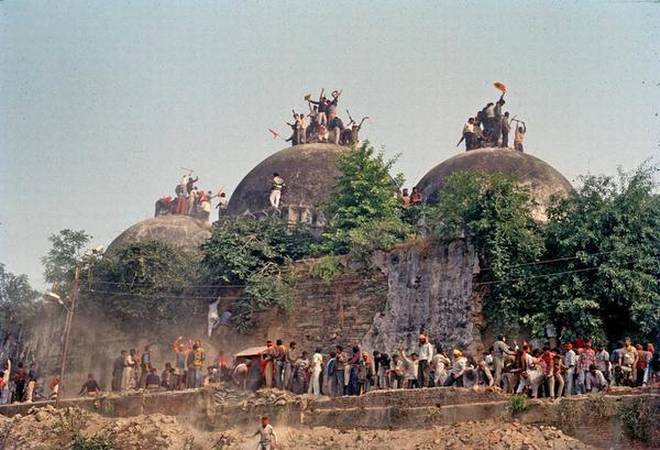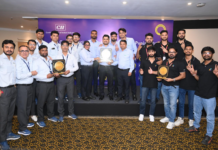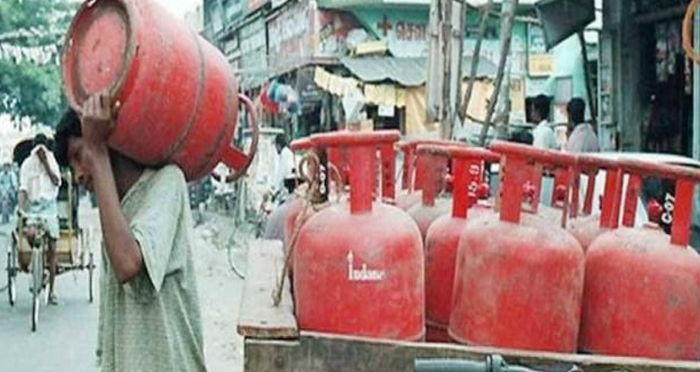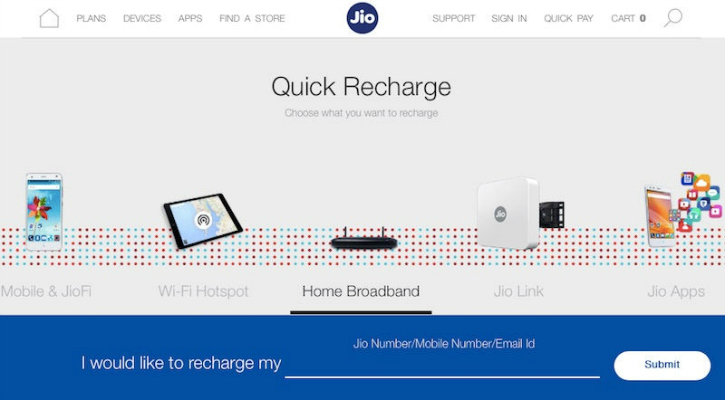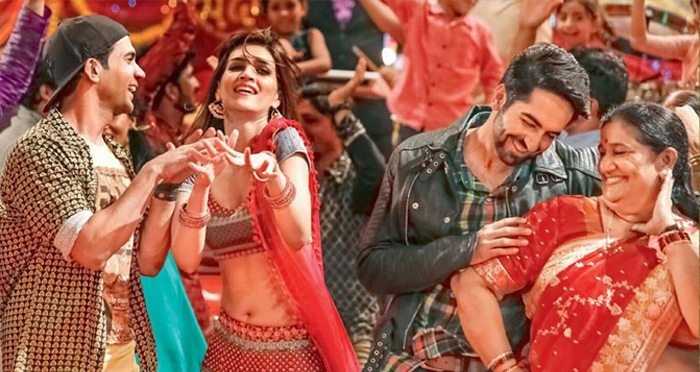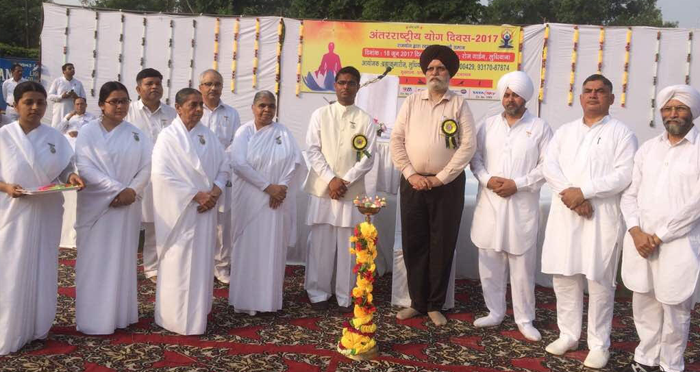Twenty-five years after hundreds scaled the disputed mosque and tore it down, the Supreme Court on Tuesday began hearing the title suit over the disputed Ram Janmabhoomi-Babri Masjid land.
Crimes that shake the secular fabric of the Constitution have allegedly been committed almost 25 years ago — Supreme Court, April, 2017, while reviving criminal conspiracy charges against several political leaders in the Babri demolition case.
The demolition of the 16th century Babri Masjid in Uttar Pradesh’s Ayodhya remains a scar on contemporary India’s social and political conscience, but equally vexing has been the resolution of the cases filed against alleged perpetrators and conspirators of the act.
The legal tussle over the disputed site between Hindus and Muslims dates back more than a century, but remains unresolved, inflaming passions on both sides.
The cases over the demolition have wound their way from local courts to the high court and finally the apex court of the country. In these last two decades, confusion has prevailed over which court will try the accused; leaders have been let off on procedural issues, only for the charges to be revived against them years later; and hearings have been hamstrung by which sections should apply.
Twenty-five years after hundreds of Hindu zealots scaled the disputed mosque and tore it down, the Supreme Court, on Tuesday, began hearing the title suit over the disputed land.
A total of 49 criminal cases were registered in connection with the demolition of Babri Masjid on December 6, 1992. But of these 49 cases, there are two main First Information Reports.
The first, crime number 197/1992, was registered at the Ayodhya Police Station against tens of thousands of unknown kar sevaks (religious volunteers) for the demolition of the mosque. They were accused of the offences of dacoity, robbery, causing of hurt, injuring/defiling places of public worship, and promoting enmity between two groups on grounds of religion.
The second, crime no. 198/1992, was registered against eight persons, including Bharatiya Janata Party leaders LK Advani, Uma Bharati, Murli Manohar Joshi and Vinay Katiyar, and Vishwa Hindu Parishad leaders Ashok Singhal, Sadhvi Ritambara, Giriraj Kishore and Vishnu Hari Dalmia, who were on the dais at Ram Katha Kunj when the mosque was being demolished. They are accused of promoting enmity and making assertions prejudicial to national integration. This complaint didn’t list a conspiracy charge.
Delays galore
Confusion started on September 9,1993, when the Uttar Pradesh government transferred the case against kar sevaks to a special court in Lucknow, but left the case against Advani and others to be tried in Rae Bareli. A month later, the state government passed another order, shifting the case against Advani and other political leaders to Lucknow.
In October 1993, the Central Bureau of Investigation, filed a composite chargesheet for both cases in Lucknow, adding criminal conspiracy charges against the political leaders. It also included charges against 13 more politicians, including Kalyan Singh, who was chief minister of Uttar Pradesh when the mosque was demolished
The CBI sought a joint trial and against both sets of accused.
Subsequently, in 1997, the Lucknow CBI court took cognizance of the chargesheet and framed charges of criminal conspiracy against the 21 accused. This was immediately challenged by the eight original accused on the grounds that, back in 1993, the criminal case against them in Rae Bareli had been transferred to Lucknow without the approval of the concerned high court.
In 2001, the Allahabad high court said the government notification transferring the Advani trial to Lucknow was invalid because of a lack of approval from the HC.
As no new notification was issued by the state government after this judgment, the Lucknow court dropped proceedings against the 21 accused, which included Advani and Kalyan Singh.
However, Advani and seven others continued to face trial at Rae Bareli.
The CBI appealed against the HC order, and sought trial of all 21 accused under criminal conspiracy charges, apart from other offences. In April this year, the top court ruled in favour of a joint trial, and revived conspiracy charges against Advani and 12 others. The case will be heard in a Lucknow court on a day-to-day basis.
The court has also stipulated that the judge hearing the case cannot be transferred until the judgment, which has to be announced in two years. This means the verdict is due in 2019, the year India elects a new central government.
If convicted, the accused persons will go to jail for between three and five years. This would mean that they would be barred from contesting elections for six years following the completion of their sentence. Kalyan Singh has won a temporary reprieve from criminal prosecution as he enjoys immunity by the virtue of occupying the office of the governor of Rajasthan. The SC has said that the trial court will frame charges and move against him as soon as he ceases to be governor.
But there are significant hurdles to justice. Many of the accused — former Shiv Sena chief Bal Thackeray and Hindu leaders Giriraj Kishore, Ashok Singhal, Ram Chandra Das and Mahant Avaidyanath — have died. In the original Rae Bareli case against Advani and others, the court was yet to examine 105 witnesses. In the original Lucknow case against kar sevaks, the court had to hear 800 witnesses.
The civil dispute
On September 30, 2010, the Allahabad high court ordered the 2.7 acres of the disputed site to be trifurcated between the Nirmohi Akhara, the Sunni Waqf Board and the party representing the infant Hindu god Ram Lalla. The top court suspended the judgment in 2011.
In March 2017, the Supreme Court pressed for an out-of-court resolution with the then Chief Justice of India and even offered to mediate. But efforts were soon stalled.
The dispute was further complicated with a petition by the Uttar Pradesh’s Shia Wakf Board, which wants to become a party in the case and has claimed that the disputed site is its property. The board proposes a Ram temple at the site and a mosque somewhere else — a formula acceptable to many Hindu leaders.




